India’s Tejas Mk2 Jet: 7 Game-Changing Features Explained Simply
India’s Tejas Mk2 is a next-generation fighter jet that marks a major milestone in indigenous aerospace technology. With enhanced stealth, an upgraded engine, AESA radar, digital flight controls, and a futuristic cockpit, the Tejas Mk2 is designed to outperform its predecessor and rival global competitors. Developed primarily by HAL and DRDO, it reflects India’s growing defence capabilities and aims to modernize the Indian Air Force with a versatile, powerful, and self-reliant platform.
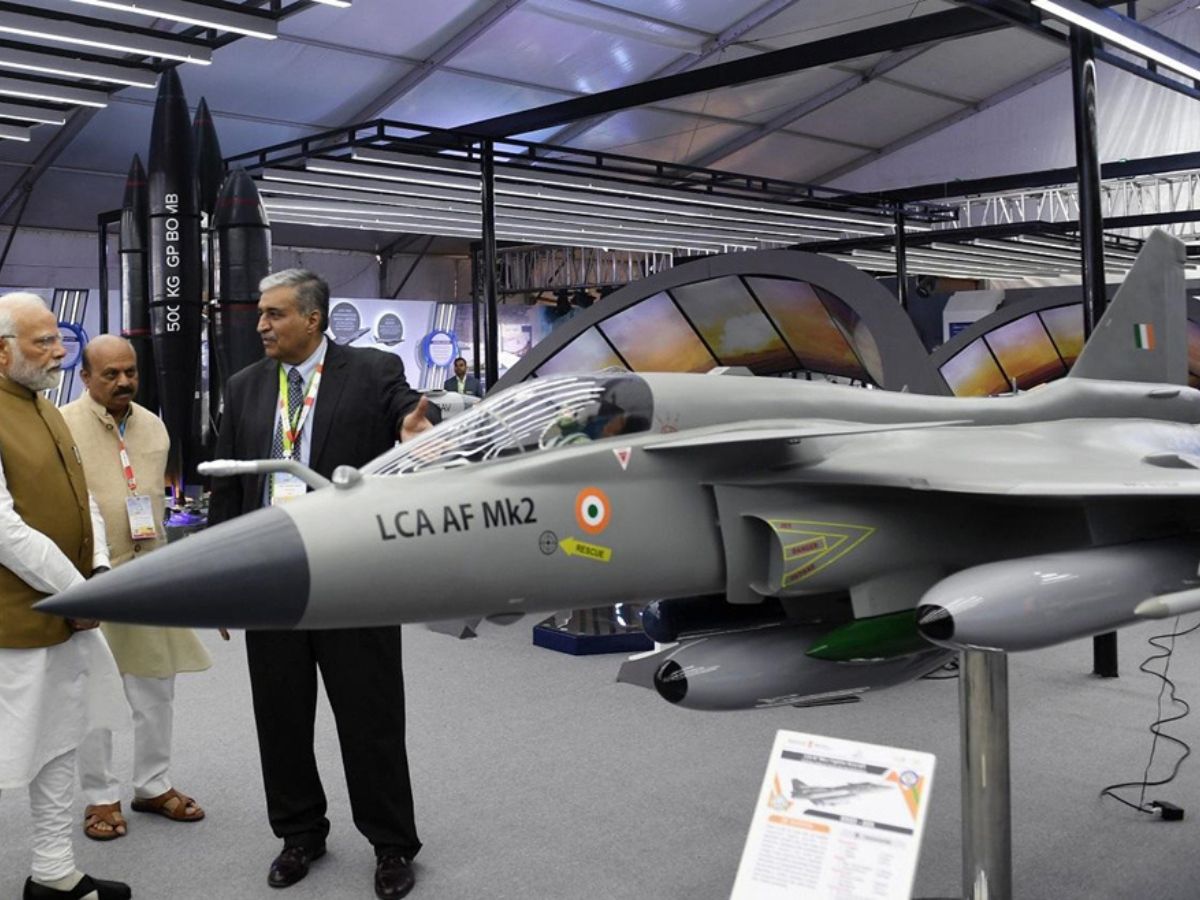
Next-Gen Power and Precision: How Tejas Mk2 Is Redefining India’s Air Combat Capabilities
India’s Tejas Mk2 fighter jet is a major leap forward in indigenous defence technology. Designed with advanced systems, enhanced stealth, and cutting-edge avionics, the Mk2 brings the Indian Air Force closer to self-reliance while boosting its aerial combat strength. From a powerful new engine to futuristic cockpit tech, here are 7 key features that make the Tejas Mk2 a game-changer in modern air warfare.
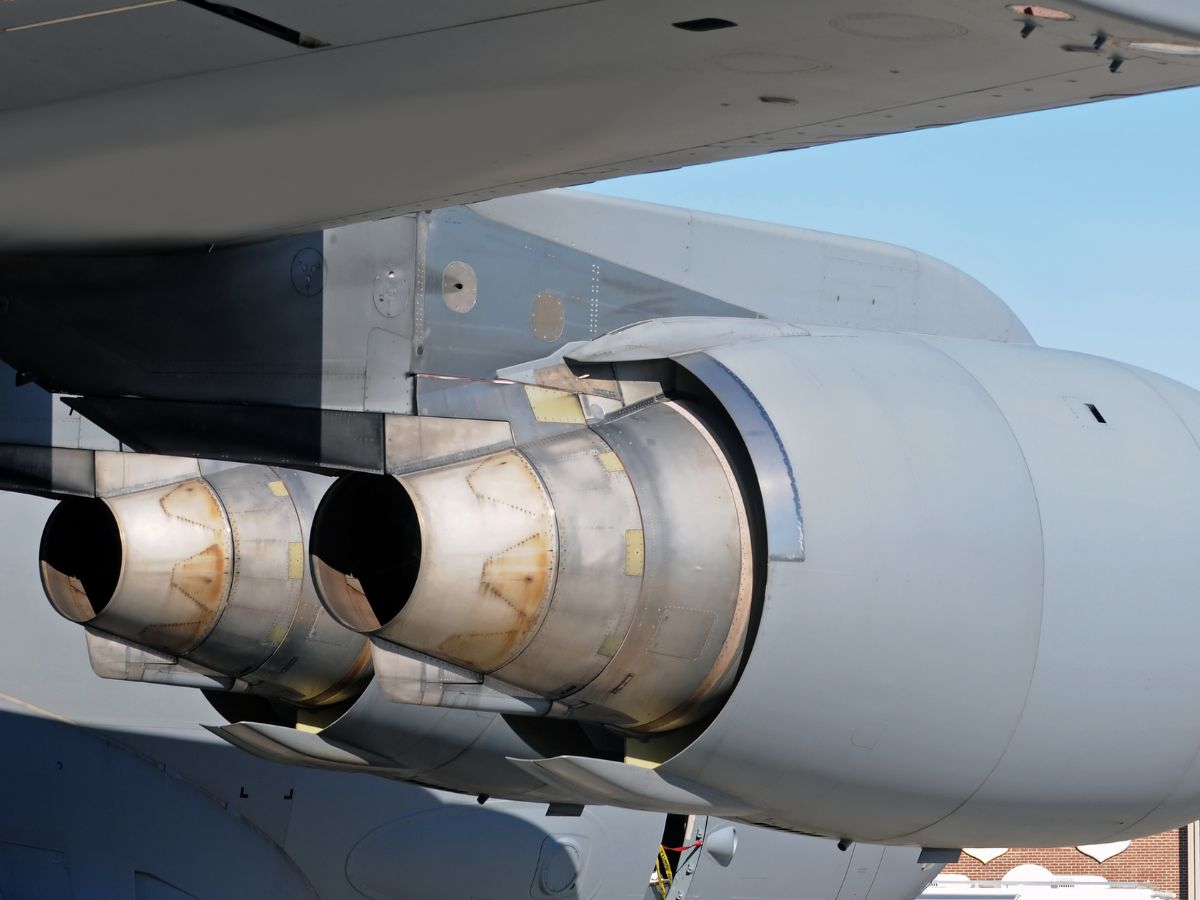
Powerful New Engine
Uses GE F414‑INS6 engine with ~98 kN thrust, boosting speed and combat range (~1,500 km). Plans include switching to an improved indigenous Kaveri turbofan.
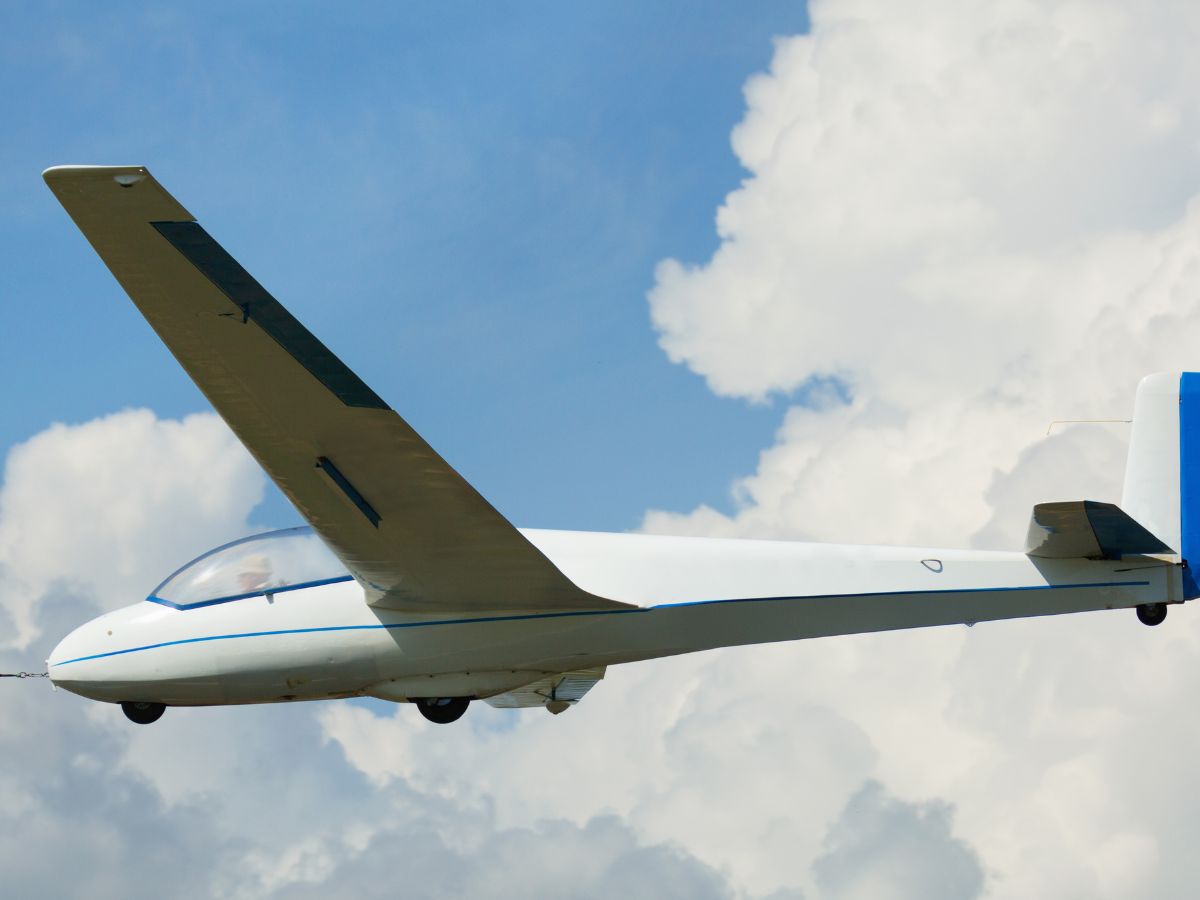
Stealth-Enhanced Airframe
Composite materials, radar‑absorbing coatings, and S‑shaped inlets reduce radar visibility. Canard‑delta wing design improves agility at high angles of attack.
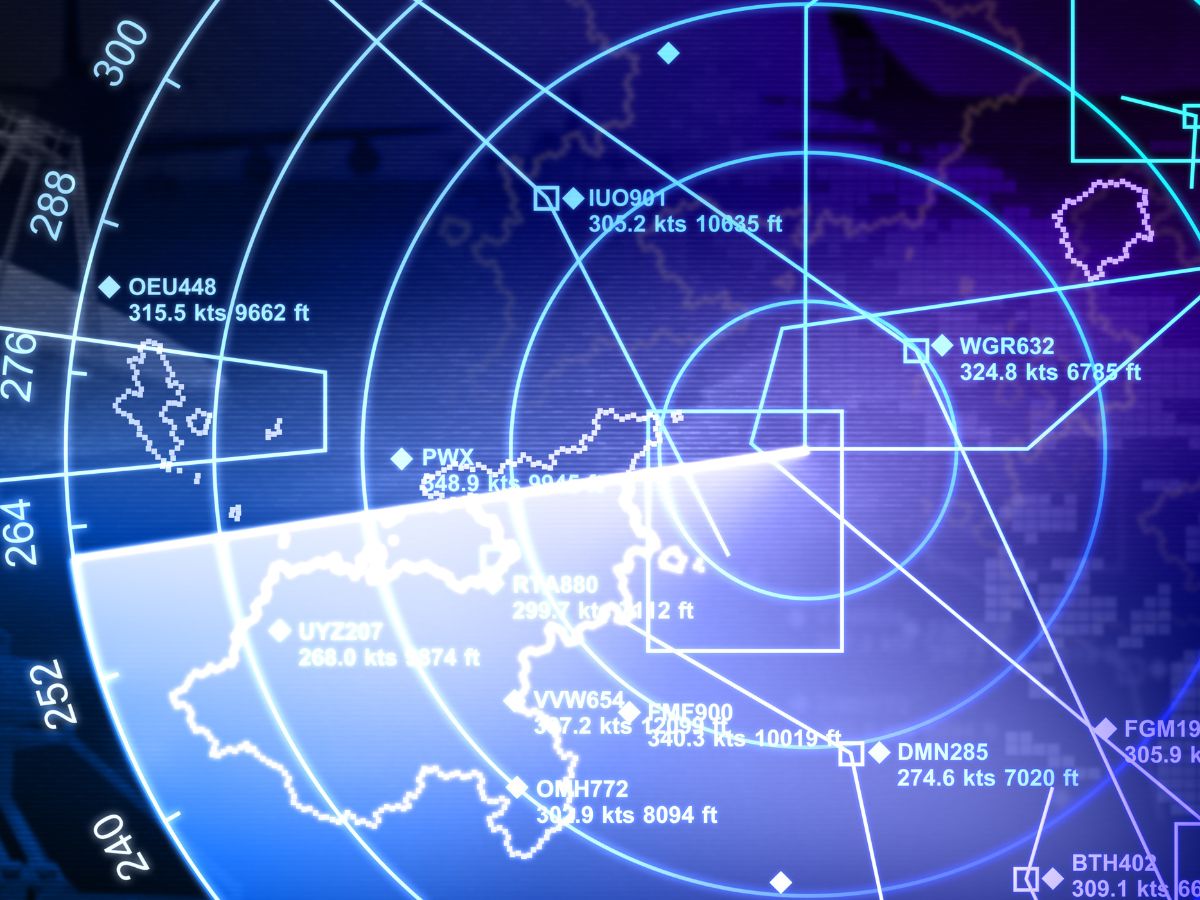
Uttam AESA Radar System
Indigenous Active Electronically Scanned Array (AESA) radar enables multi-target detection and beyond‑visual‑range engagement. Designed and built by DRDO’s LRDE team.
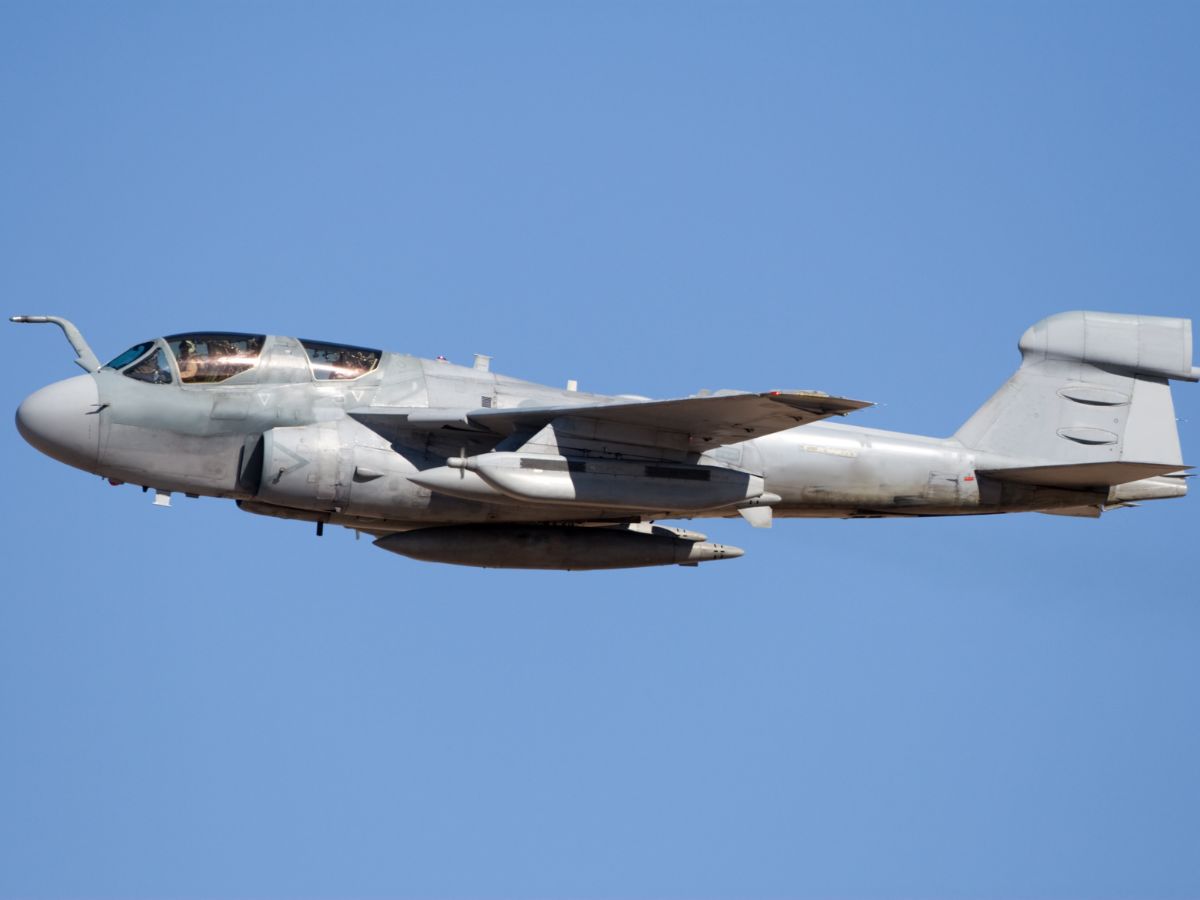
Unified Electronic Warfare Suite
Includes radar warning receiver, missile‑approach warning system, and jammers. Developed entirely by DRDO to enhance survival in hostile air environments.
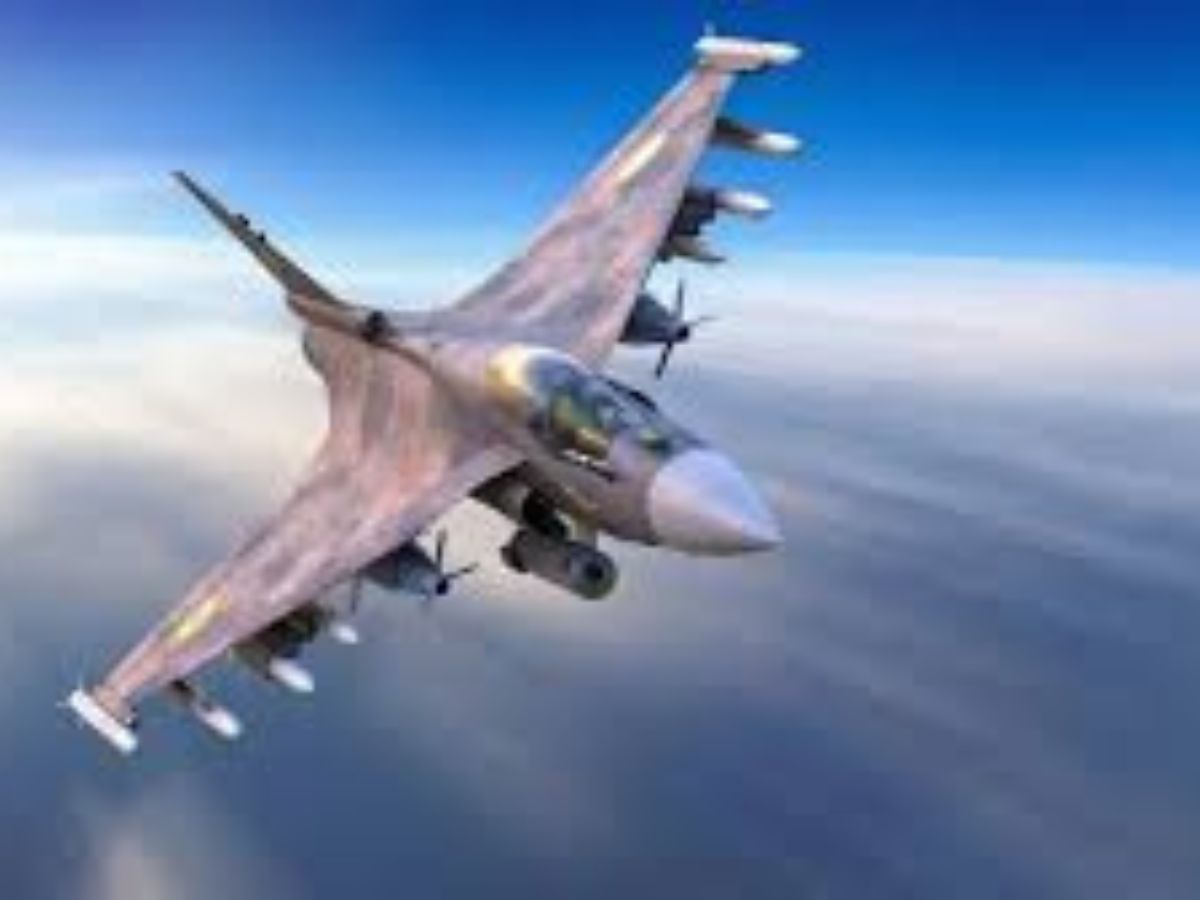
Smart Glass Cockpit
Features wide-area touch displays and holographic HUD for clear, intuitive situational awareness. Compatible with helmet-mounted displays and night-vision systems for pilot ease.
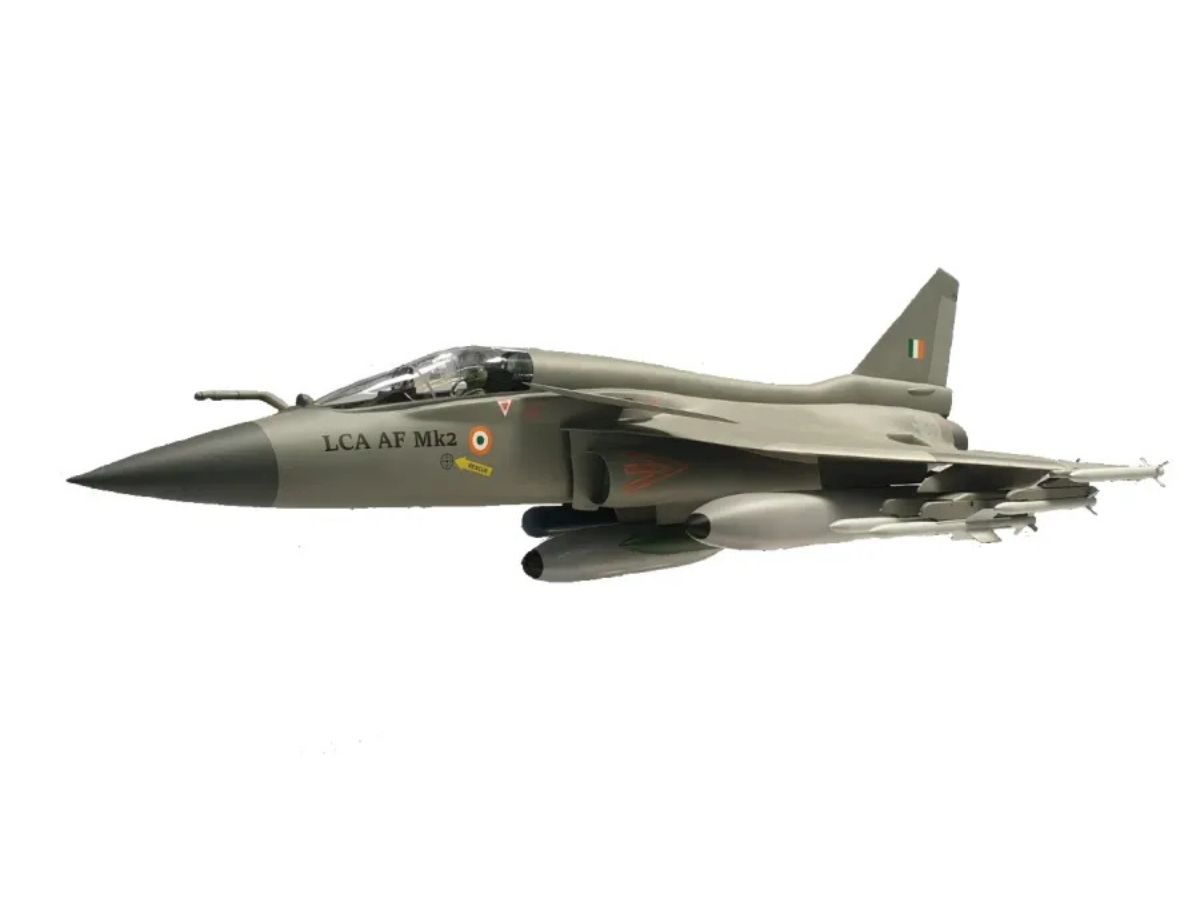
Quadruplex Fly-by-Wire Controls
A robust digital flight control system ensures stability and precision, even during steep manoeuvres. Multiple redundant systems enhance safety and responsiveness.
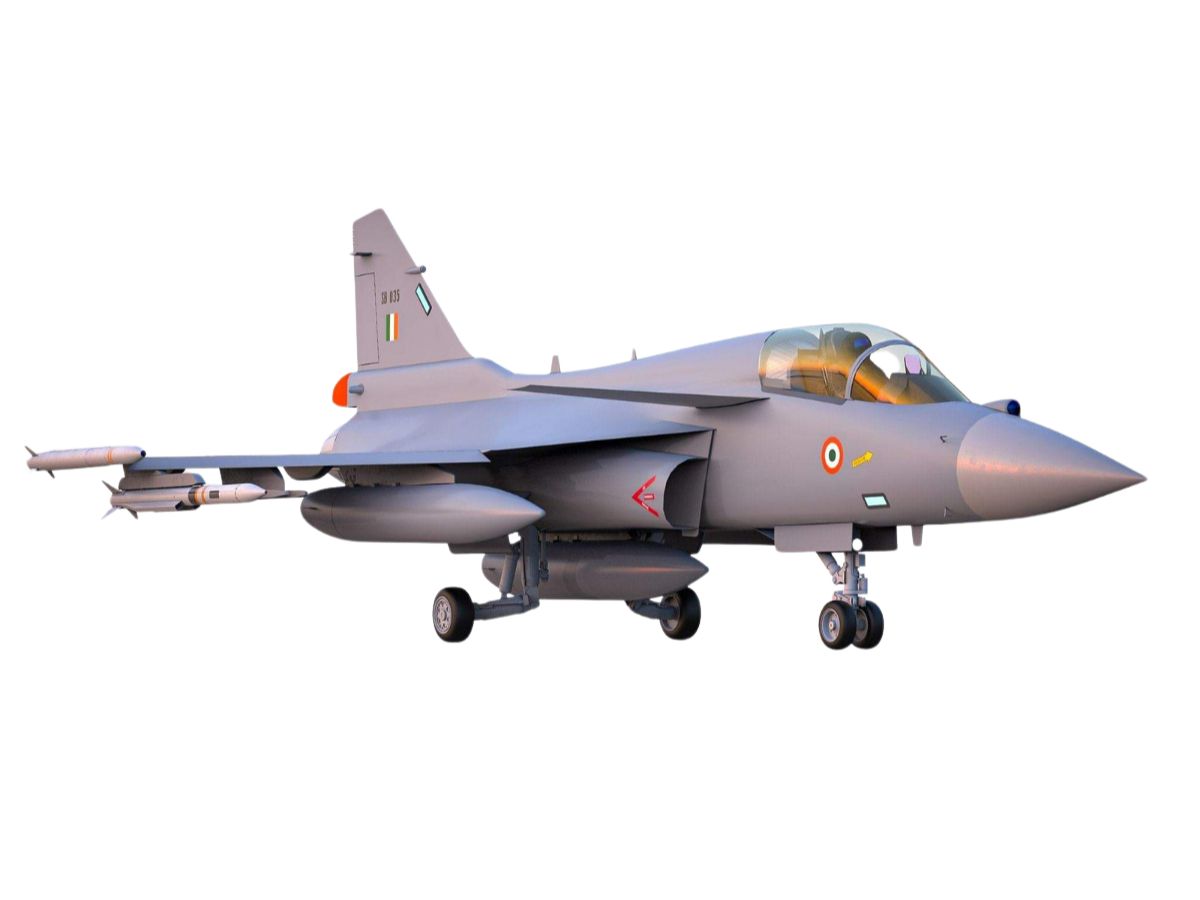
On‑Board Oxygen Generation System (OBOGS)
Carrera OBOGS technology produces breathable oxygen in-flight, eliminating limited oxygen tanks. Extends flight time, pilots can stay airborne for 3–4 hours uninterrupted.

Disclaimer
This article is for informational purposes only. The technical details and specifications are based on publicly available sources as of the time of writing. Official capabilities and systems may vary due to ongoing development and defence confidentiality. Always refer to official defence releases for the most accurate updates.





